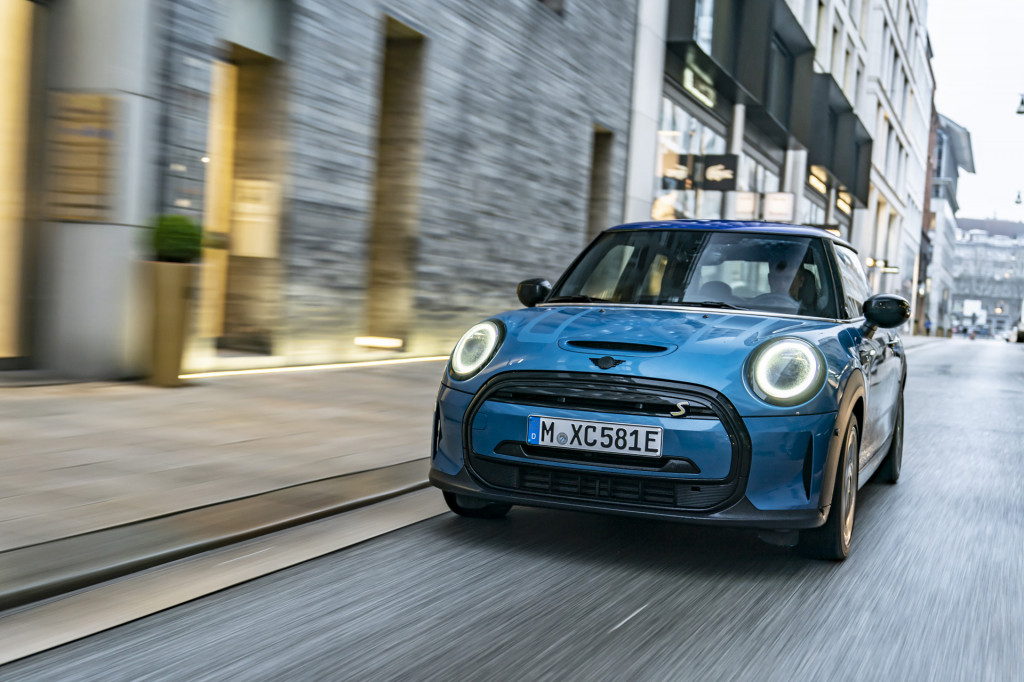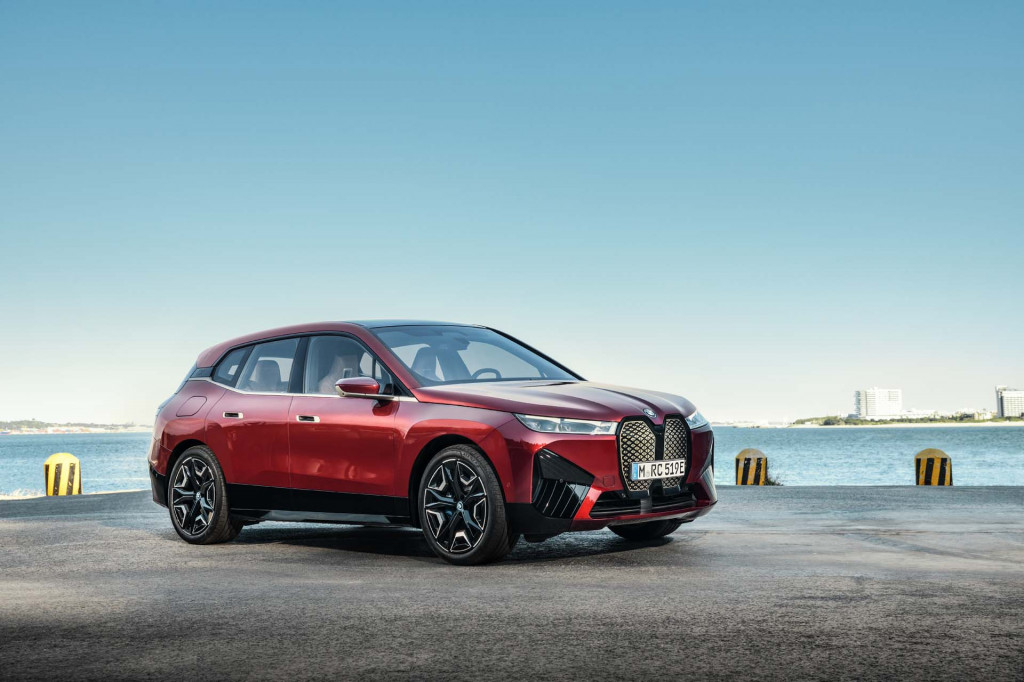BMW expects electric cars to account for half of its global sales by 2030, but doesn't plan to stop developing internal-combustion engines, the automaker announced during its annual conference last week.
BMW also said it will have a dozen all-electric models on the road by 2023, covering 90% of market segments, and expects the Mini brand to be all-electric "by the early 2030s."

2022 Mini Cooper SE
While the BMW iX3 crossover isn't coming to the United States, the i4 sport sedan and iX crossover are expected to arrive here in 2022. Globally, they will be followed by electric versions of the BMW 5 Series and 7 Series sedans, and X1 crossover, according to the automaker. A successor to the current Mini Countryman crossover will be all-electric as well.
However, BMW declined to set an expiration date for internal-combustion engines, as some automakers have hinted at. General Motors has said it aims to eliminate internal-combustion engines from its passenger cars by 2035, while Audi announced earlier this week that it will end development of gasoline and diesel engines.
That hesitance is reflected in BMW's upcoming lineup of EVs. Most are electric versions of existing internal-combustion models, and neither the i4 nor iX appear to be clean-slate designs embracing the liberties afforded by skateboard platforms or dedicated EV architectures.

2022 BMW i4
That will have to wait until 2025, when BMW plans to roll out a new generation of vehicles it's dubbing the Neue Klasse (German for "New Class"), in reference to the family of models that saved the company from ruin in the 1960s, and formed the foundation for the modern BMW brand.
The new Neue Klasse "will be uncompromisingly aimed at electric vehicles," with designs that emphasize aerodynamics and offer greater interior space, hinting at a dedicated EV platform in the works.
The current strategy is likely due to the influence of BMW CEO Oliver Zipse, who has been a strong advocate for building electric versions of BMW's existing lineup, rather than standalone models like the i3 or i8 plug-in hybrid. It's a strategy that will decide BMW's trajectory this decade.

2022 BMW iX xDrive50 (Euro spec)
Still, even the short-term plan of more electric models based on internal-combustion platforms is quite a turnaround versus just two years ago, when BMW said that 85% of its cars would still have engines in 2030. BMW in 2019 said that diesel engines were expected to be part of the automaker’s global product line for at least 20 years and gasoline engines for at least 30 years.
Last year Zipse also said BMW would continue investing in hydrogen fuel-cell research as part of a $32 billion R&D spend, but so far the only production model planned is a fuel-cell version of the X5 SUV—and only as a low-volume affair.












